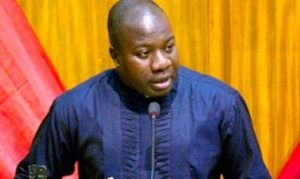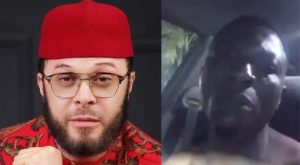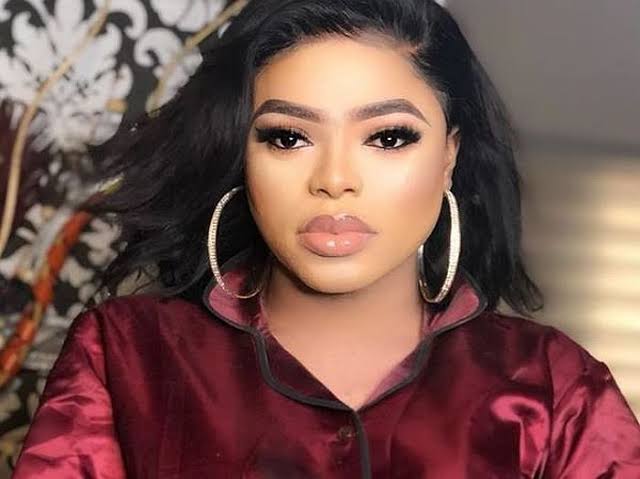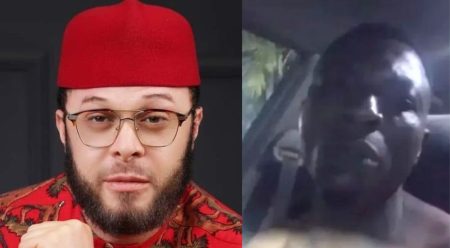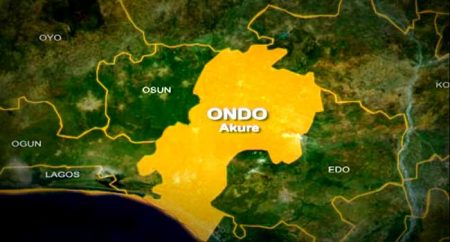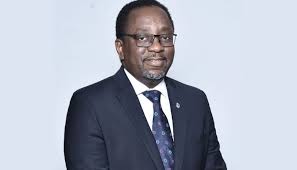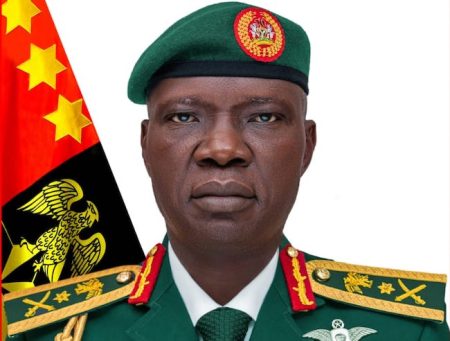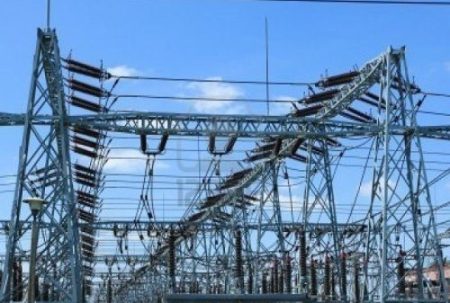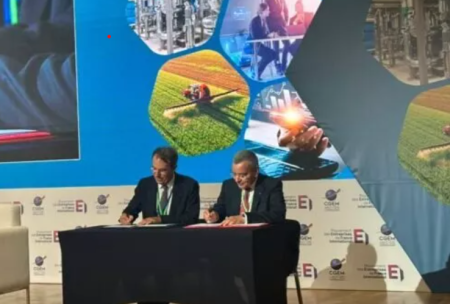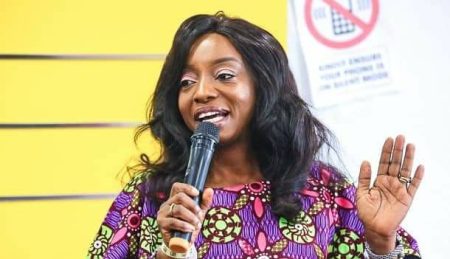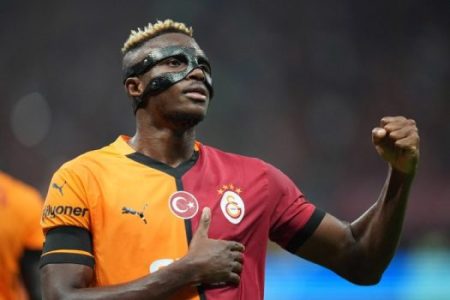The recent re-arrest of social media personality Idris Okuneye, widely known as Bobrisky, has stirred significant attention and discourse in Nigeria, specifically within the corridors of social media and public opinion. The controversial figure was detained at the Murtala Muhammed International Airport in Lagos late Thursday when these events unfolded. As Bobrisky was preparing to board a KLM flight to Amsterdam en route to London, he was stopped by immigration officials during what he describes as a troubling encounter. He took to Instagram to share his predicament, alleging that he had sustained injuries during the confrontation with the officers. His post indicated that he felt wronged and called out to his followers for assistance, claiming that the Economic and Financial Crimes Commission (EFCC) was responsible for his detention.
The circumstances leading to Bobrisky’s detention are tied into a narrative of accusations and alleged misconduct involving the EFCC. Sources close to the matter have indicated that his arrest stemmed from a failure to respond to multiple invitations from the commission following his contentious statements about them. Specifically, these statements revolved around claims made in a voice note, where he purportedly confessed to bribing EFCC officials with 15 million Naira in exchange for dropping money laundering charges against him. This revelation, shared by the self-proclaimed social critic known as VeryDarkMan, significantly intensified the scrutiny on Bobrisky, prompting the EFCC’s response to investigate the claims made against its integrity.
In their defense, the EFCC has dismissed Bobrisky’s assertions, unequivocally denying allegations of bribery, yet it has proceeded to form a committee to conduct a thorough examination of the claims raised by the crossdresser. During a press briefing, Wilson Uwajaren, the Director of Public Affairs for the EFCC, hinted at the potential consequences Bobrisky might face should he fail to substantiate his allegations. Uwajaren specified that not only could Bobrisky face charges for giving false information, but making false allegations against the EFCC could also lead to more serious repercussions under the law. This statement highlights the gravity of the situation, framing Bobrisky’s claims as not only controversial but potentially damaging to the commission’s reputation if unproven.
As the situation unfolded, a senior insider from the EFCC disclosed the rationale behind Bobrisky’s apprehension, clarifying that the intent was to ensure he could provide evidence for his accusations against the commission. The EFCC aimed to hold Bobrisky accountable, emphasizing that individuals making serious allegations must be prepared to substantiate them with proof. The insinuation was clear: the EFCC was not going to let the matter drop without investigating the claims, leading to the decision to detain him. The officials noted that Bobrisky had previously neglected to respond to summons from the National Assembly regarding the matter, indicating a pattern of avoidance that justified their tactical move to bring him in for questioning.
On the morning following his arrest, Dele Oyewale, the EFCC’s Head of Media and Publicity, confirmed that Bobrisky was indeed in custody and en route to Abuja, which indicates an escalation of the situation beyond Lagos. The development marks a critical point in the ongoing saga between Bobrisky and the EFCC, as his controversial persona and the serious nature of the allegations intertwine, potentially leading to more legal troubles for him. The case not only raises questions about Bobrisky’s credibility but also opens discussions relating to the conduct of regulatory bodies and the public’s perception of corruption within such institutions.
This incident encapsulates the complex dynamics at play in Nigerian society, where social media figures wield considerable influence and where allegations of corruption can spark widespread outrage and calls for accountability. The tentative relationship between public figures and government agencies such as the EFCC plays out against a backdrop of a broader national dialogue on governance, transparency, and the fight against financial crimes. As investigators delve into Bobrisky’s claims and he navigates the legal repercussions of his statements, the broader implications of this case could serve as a barometer for how allegations of corruption are handled in Nigeria, reflecting the ongoing tensions between celebrity culture and institutional accountability.


